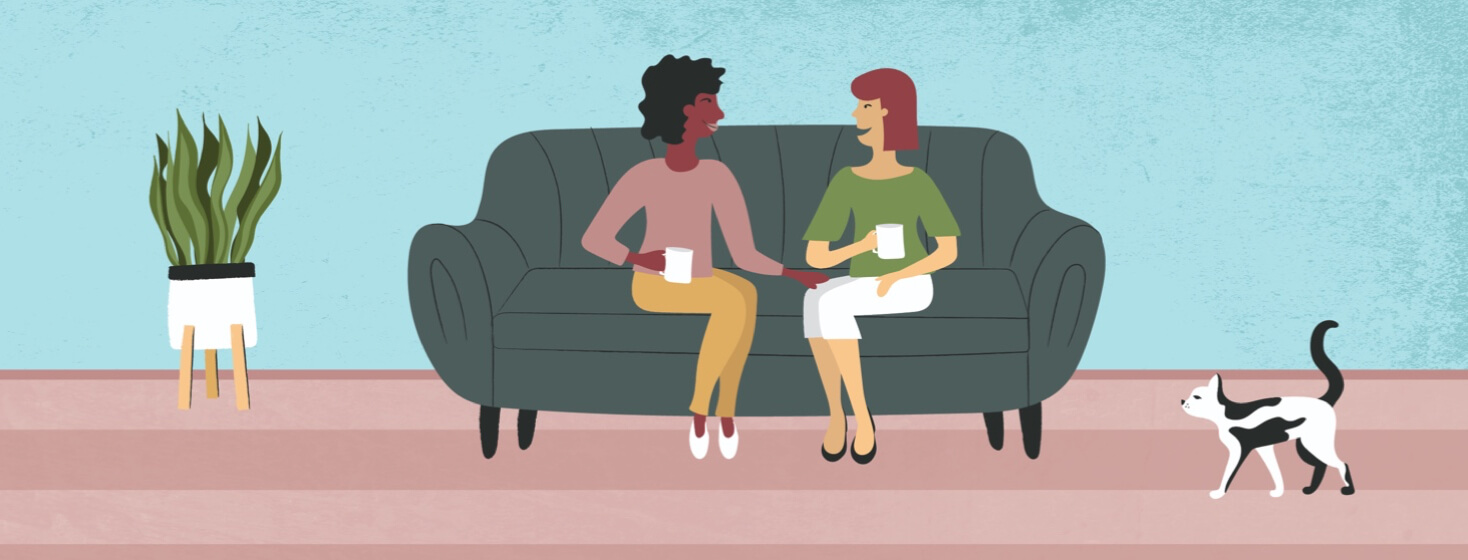Talk to Your Friends About RLS
I was having tea with a friend the other day and she mentioned that she’s been sleeping poorly as a result of stress from a parent who had been in the hospital.
“I mean, that’s understandable,” I said.
“Yeah, and my restless legs have been keeping me up,” she said.
“You have restless legs?” I was shocked. I’d known this person for 15 years and I had no idea.
“Yeah. I have restless legs syndrome and, when I’m stressed, it gets worse.”
“I have restless legs!”
“You do?” She said, sounding equally surprised.
We went back and forth for several minutes, discussing what ours feel like and what we do about it. It was so empowering to have someone else in my real life to talk to about my restless legs!
Another surprising conversation
The next morning, I met another friend at the dog park and we went for a walk. She and I were venting about our various stressors and she mentioned that she was on a new SSRI and was having trouble sleeping. “My legs have been all wiggly,” she said.
“Do you have restless legs?” I asked.
“Yeah, I have restless legs syndrome,” she said, “It’s so annoying! It’s been bad lately.”
“I also have restless legs syndrome,” I said.
“You do?” She said, giving me major deja vu.
“Yeah. Did you know that the SSRIs we take can make it worse?”
“THEY DO?!” She yelled, having had no idea that the drug we take to make our life less stressful can sometimes make our sleep worse and therefore make our lives more stressful.
We proceeded to have a conversation about our restless legs and what helps and doesn’t.
RLS is more common that you think
There’s a very clear takeaway here: talk to your people about your restless legs syndrome. Clearly, it’s more common than you think.
Having someone to commiserate with is sometimes the difference between feeling like you’re crazy and feeling loved, safe, and cared for. Sharing knowledge over a cup of tea or a walk can be the difference between being up all night and being able to get some much-needed and appreciated relief. Normalizing sleep disorders like restless legs syndrome is the kind of thing we need to do if we ever want to advance medical help for our sleep disruption.
Lean into your community
Talk to everyone who will listen about your restless legs. Don’t be embarrassed or secretive about it. Turns out, people actually do want to talk to you about your struggles and want the space to share their own. This can be said about any condition, whether it be physical or mental.
Destigmatize talking about things in our lives that are hard for us. Lean into your community and trust that the people who love you will want to hear all about you, not just the shiny, happy bits, but all of you, even about your wiggly legs.

Join the conversation